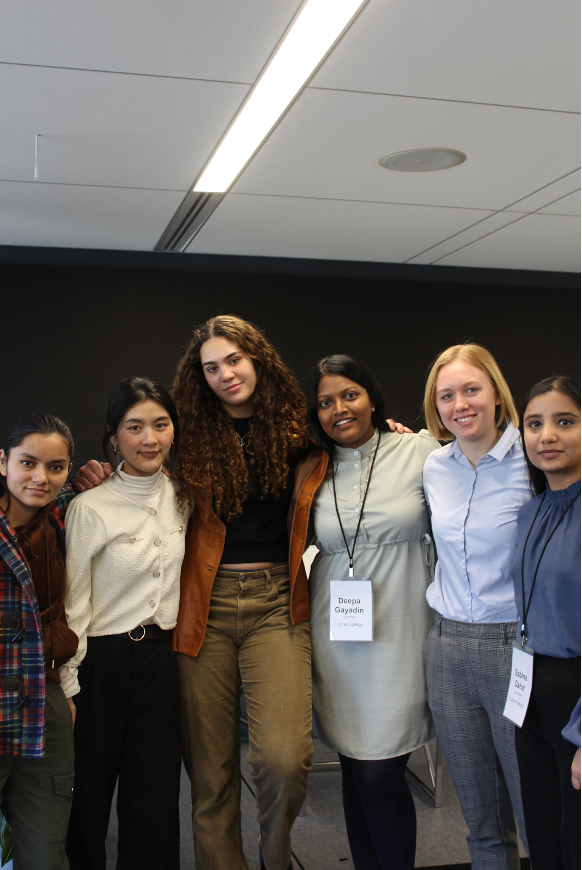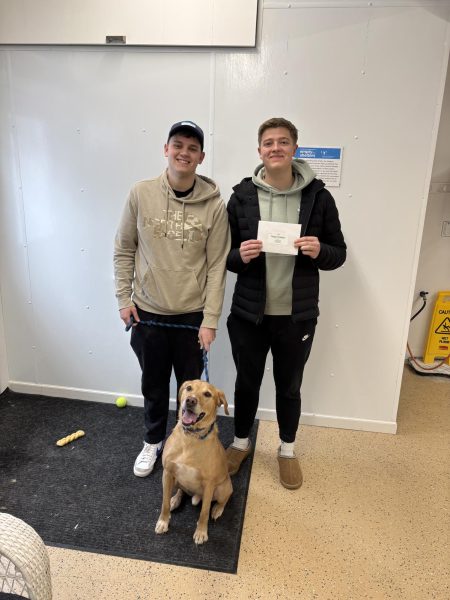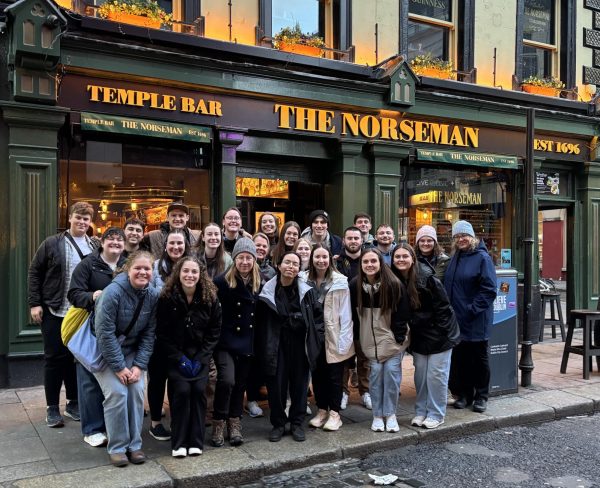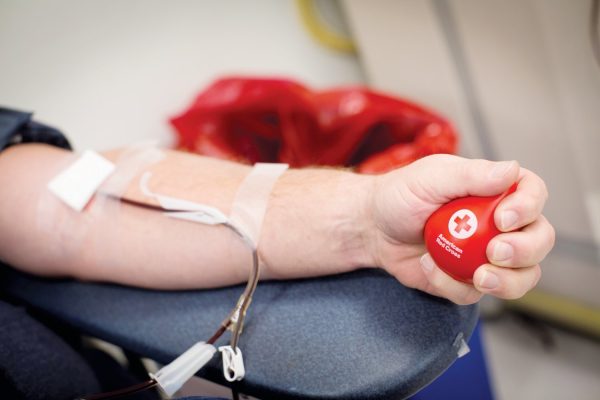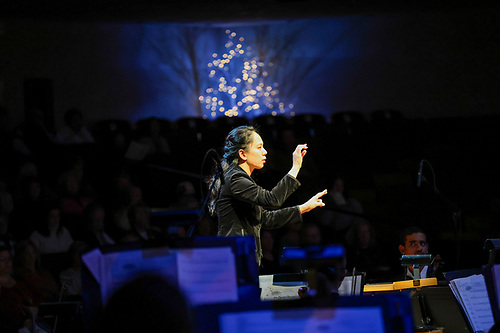PLENty of Opportunities
When I first saw a big poster about PLEN in the Union, I had no idea what it was about and didn’t really understand the concept after reading the poster. Now, a few months later, having had the chance to attend one of their seminars myself, I can say that I wish more people would know about PLEN.
The Public Leadership Education Network (PLEN) is a non-partisan organization based in Washington, D.C., devoted to preparing college women for leadership roles in public policy. As one of twelve member organizations, Luther offers students the opportunity to attend three-day long seminars in D.C.
Through hearing about PLEN from a friend, my interest was piqued. Professor of Political Science Carly Foster, who has long been connecting students with the organization, sees that as a pattern, even more so before the pandemic.
“I’m under the impression that before COVID, there were more students who went to PLEN, got a lot out of it [and] talked to their friends about it,” Foster said. “Word of mouth spread in that way and so more students were interested, but COVID kind of interrupted that.”
The financial aspect of PLEN may hinder some students from applying. Although the costs of attending a seminar in D.C. are relatively high, there is both a PLEN based scholarship and one from the Center for Ethics and Public Engagement (CEPE) that students can apply to. Through these scholarships, the costs for all the Luther attendees including flights, hotel and food, were covered.
One might still wonder what exactly a PLEN seminar is about. While some focus on topics like STEM-policy, that isn’t the only topic they offer, as Foster pointed out.
“PLEN does different seminars on different themes,” Foster said. “They change every year a bit what they offer, so it’s a good idea to go to their website and check out what they are.”
Júlia Da Silva Moreno (‘26), a pre-engineering Environmental Science major, attended the STEM seminar and explained that the seminar’s main focus extended beyond STEM.
“It was eye-opening in the sense of how politics work in the US and how getting involved with politics works especially,” Moreno said. “It also gave me more of a perspective of how life is going to be after college.”
During the three and a half days that we spent in D.C., a number of high-level women in politics talked to us and explained how they, who mostly came from STEM backgrounds, had made their career on Capitol Hill and elsewhere.
One issue Moreno identified is that international students face some additional issues when trying to make a career on “The Hill.”
“Many times they said how the way they got their job was through fellowships, and most of the time, fellowships are only for U.S. citizens because fellowships [are] usually funded by the government,” Moreno said.
Nevertheless, the seminar presented an opportunity to connect with like-minded people and learn about a career in politics while getting to be informed by speakers who are in positions that many of us would love to be in one day. As icing on the cake, we also had time to explore the capital each day after the seminars ended.
Foster emphasized the excellent combination that PLEN offers for students.
“It’s a really good opportunity,” Foster said. “You get to learn content material and spend some time networking, getting to know people and learning leadership type strategies. I hope to see more students participate in the future.”

